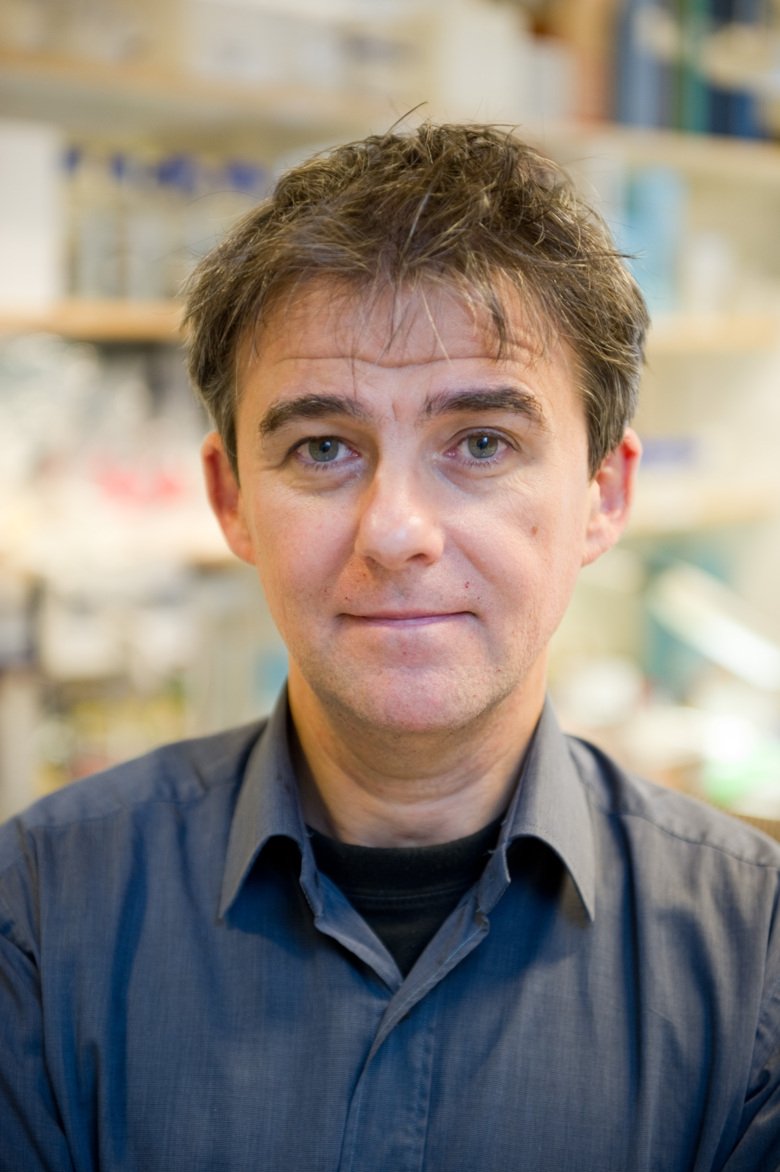New findings on how our bodies adapt to lack of food
KI Researchers present new insights on the ability of humans and other mammals to adapt to food availability and exposure to cold temperatures in a study recently published in eLife. The findings could enhance the development of new methods to treat metabolic disorders such as obesity or type 2 diabetes.

The study is led by Carlos Ibáñez lab at the Department of Neuroscience at Karolinska Insitutet.
Brown adipose tissue, a type of fat in our body, is necessary for turning food into body heat.
"When a lack of food is combined with living in cold temperatures, mammals must balance the needs of their organs that demand high levels of energy, such as the brain, with the need to maintain body temperature,” explains co-author Patricia Mármol Carrasco.
"Further studies are needed to gain a better understanding of the mechanisms by which brown fat responds to fluctuations in nutrient availability" concludes senior author Carlos Ibáñez.
This article is based on a press release from eLife.
Publication
Control of brown adipose tissue adaptation to nutrient stress by the activin receptor ALK7.
Marmol-Carrasco P, Krapacher F, Ibáñez CF
Elife, 5 May 2020; 9:e54721, doi: 10.7554/eLife.54721
